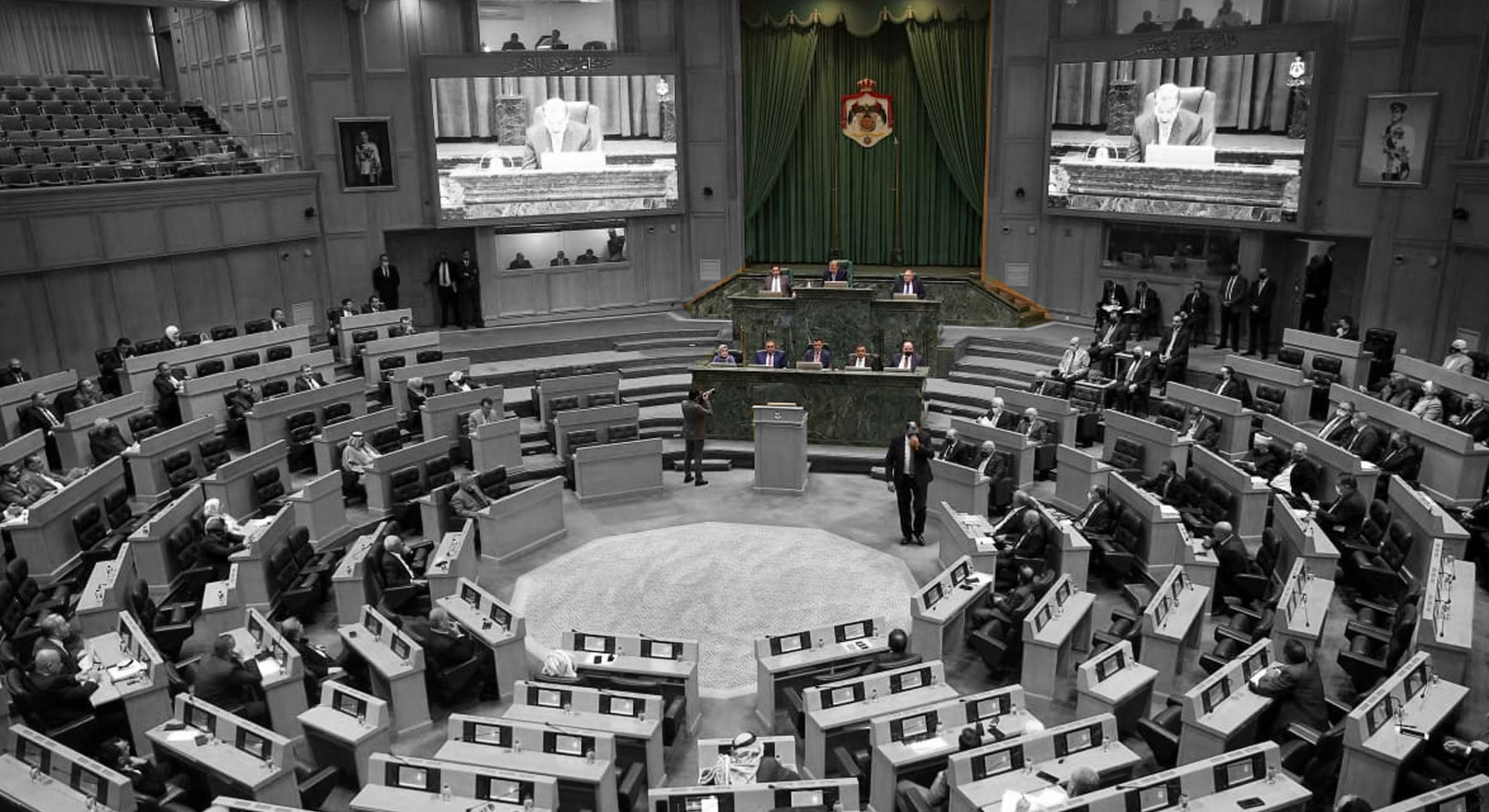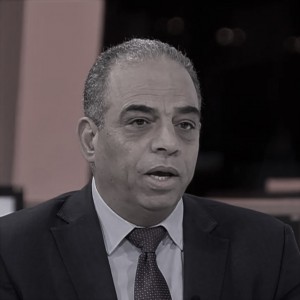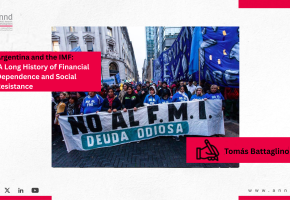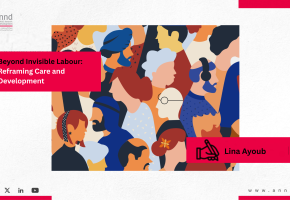
Jordan's New Cybercrime Law: Further Restrictions on Freedom of Opinion and Expression - Ahmad Awad
Ahmad Awad

Jordan's New Cybercrime Law: Further Restrictions on Freedom of Opinion and Expression - Ahmad Awad
The wave of civil and political protests against additional restrictions imposed by the new cybercrime legislation recently adopted by the Jordanian Parliament is not expected to subside anytime soon. The law is expected to be passed quickly by the House of Notables.
Without warning, the Jordanian government asked the National Assembly (Parliament and Notables) to urgently approve the new cybercrime draft law, sidestepping the political environment, civil society, and human rights defenders. Moreover, the bill includes a wide range of new crimes and imposes huge penalties, unprecedented in the Jordanian legislative system. They involve imprisonment and fines for perpetrators of some of the criminalized acts.
The Presidency of the Council of Ministers' Legislation and Opinion Bureau's website broke the norm. It failed to publish the bill for two weeks as required to collect the opinions and observations of concerned parties. Nevertheless, it remains one of the most restrictive laws on public freedoms and freedom of thought and expression.
As a representative of the deep state structures, the government aimed to expedite the bill's passage and its additional restrictions on freedom of opinion and expression in record time. Thus, it decided to stifle any discussions or protests against it by anyone.
Suspiciously, the draft was introduced despite announcements by various state agencies that they are moving forward with comprehensive reform, including a political modernization project, an economic modernization vision, and an administrative development plan, constantly promoted by the government.
The House of Representatives passed the bill following a short debate by some MPs and a few days of discussion by the Parliamentary Legal Committee. A few independent civil society organizations were invited, including many supporters.
As expected, the Parliamentary Legal Committee focused on reducing the maximum penalties. The proposal imposed huge financial fines for some acts criminalized by the bill, which went up to 70 thousand dollars and included prison sentences of up to three years. The committee ignored the majority of proposals submitted by some human rights CSOs, the Bar Association, legal experts, and political parties, which agreed that some of its provisions impose additional, tight restrictions on the already limited scope of public freedoms and the freedom of opinion and expression.
The draft includes various articles that further restrict online freedom of opinion and expression in Jordan. It protects public figures from criticism, restricts access to some websites and pages, and limits the exchange of news deemed by the government to be fake or spreading rumors. Furthermore, it holds website and social media page administrators legally liable for comments by other users.
The draft included acts described as crimes using haphazard terms and expressions that are not clearly defined or commensurate with the legal principles of criminalization and punishment. They allow for multiple and broad interpretations, which could lead to selective implementation, such as character assassination, stirring up strife, contempt for religion, threatening national unity, incitement to hatred, and calling for or justifying violence.
As a result, some human rights CSOs met very quickly to oppose the draft. The Coordination Commission of Civil Society Organizations (HEMAM), an alliance of 11 Jordanian CSOs involved in defending human rights and promoting sustainable development, sent a letter to the Speaker of the House of Representatives, asking them to participate in discussions and conduct broad, comprehensive consultations.
HEMAM's letter expressed deep concerns about the draft law, indicating that its adoption in this manner would have significant negative repercussions on public freedoms and political and economic reforms. The letter explained the need to assess its social, economic, and technical impacts. HEMAM also stressed the lack of urgency in its consideration and that enough time should be given for discussion and consultations.
Furthermore, a group of CSOs prepared a detailed legal review of the law's various articles and made specific suggestions for improvements. The study was shared with dozens of MPs and contacted many of them by phone. On the other hand, the Bar Association submitted a legal memorandum, including a technical review of several of its provisions and calling for several amendments. Several political parties also presented legal interpretations of the draft law, some focusing on its withdrawal and others on reducing its penalties and prison terms or allowing the courts to choose one or both.
Moreover, several political parties, media professionals, and CSOs opposing the law formed a Coordinating Committee to Withdraw the Cybercrime Law. They announced their intention to oppose its adoption through several activities, including an electronic storm on social media platforms with several hashtags calling for its repeal. The Committee held a protest outside Parliament a few days ago, which sharply criticized the draft law and called on the House of Representatives to revoke it and its withdrawal by the government.
On Friday, July 30, 2023 hundreds of citizens, human rights CSOs, activists, and politicians joined a march in the center of the capital called by the Committee to protest against the draft law and its adoption.
Recent publications

